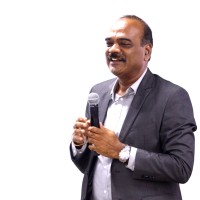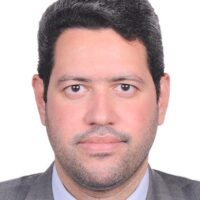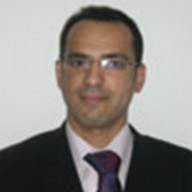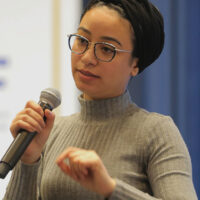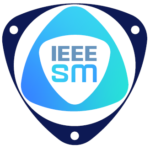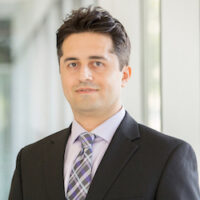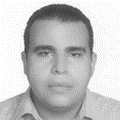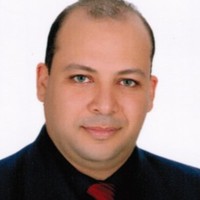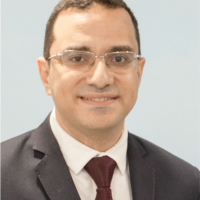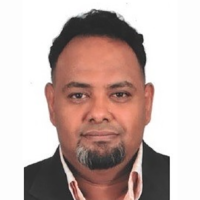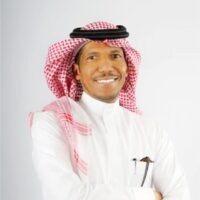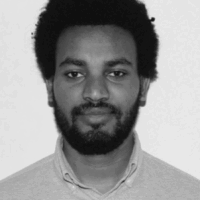Organizing Committee 2
- Home
- Organizing Committee 2
Speakers

Stephen L. Smith
Towards Safe Autonomy that Adapts to the Individual, University of Waterloo
Stephen L. Smith is a Professor in Electrical and Computer Engineering at the University of Waterloo, Canada, where he holds a Canada Research Chair in Autonomous Systems. He is a the Co-Director of the Waterloo Artificial Intelligence Institute (Waterloo.AI) and the Director of the Autonomous Systems Lab. Prior to Waterloo, he was a postdoc in the Computer Science and Artificial Intelligence Lab (CSAIL) at MIT. He received his BSc degree from Queen’s University, his MASc degree from the University of Toronto, and his PhD degree from the University of California, Santa Barbara. Prof. Smith is a Professional Engineer and serves as an advisor for several startups in transportation and robotics including RideCo and Swap Robotics. He is on the editorial board of the IEEE Transactions of Robotics, the IEEE Transactions on Control of Network Systems, and the IEEE Open Journal of Systems and Control. He has served or is serving on the organizing committee for the 2024 American Control Conference, the 2021 IEEE RO-MAN and the 2026 MTNS. Prof. Smith has received several awards including the Early Researcher Award from the Province of Ontario, the NSERC Discovery Accelerator Supplement Award, and two Outstanding Performance Awards from the University of Waterloo. His main research interests lie in control and optimization for autonomous systems, with a focus on safe motion planning, future mobility-on-demand systems, and the interaction of humans with autonomy.
Organizing Committee
Steering Committee
Technical Program Committee
Subscribe Newsletter
[mc4wp_form id="4846"]
Hurry Up!
To Register
Register With Us as soon as possible
Important Links
Conference Committees
© 2024 Copyright - All Rights Are Reserved - IEEE International Conference on Smart Mobility (SM)














